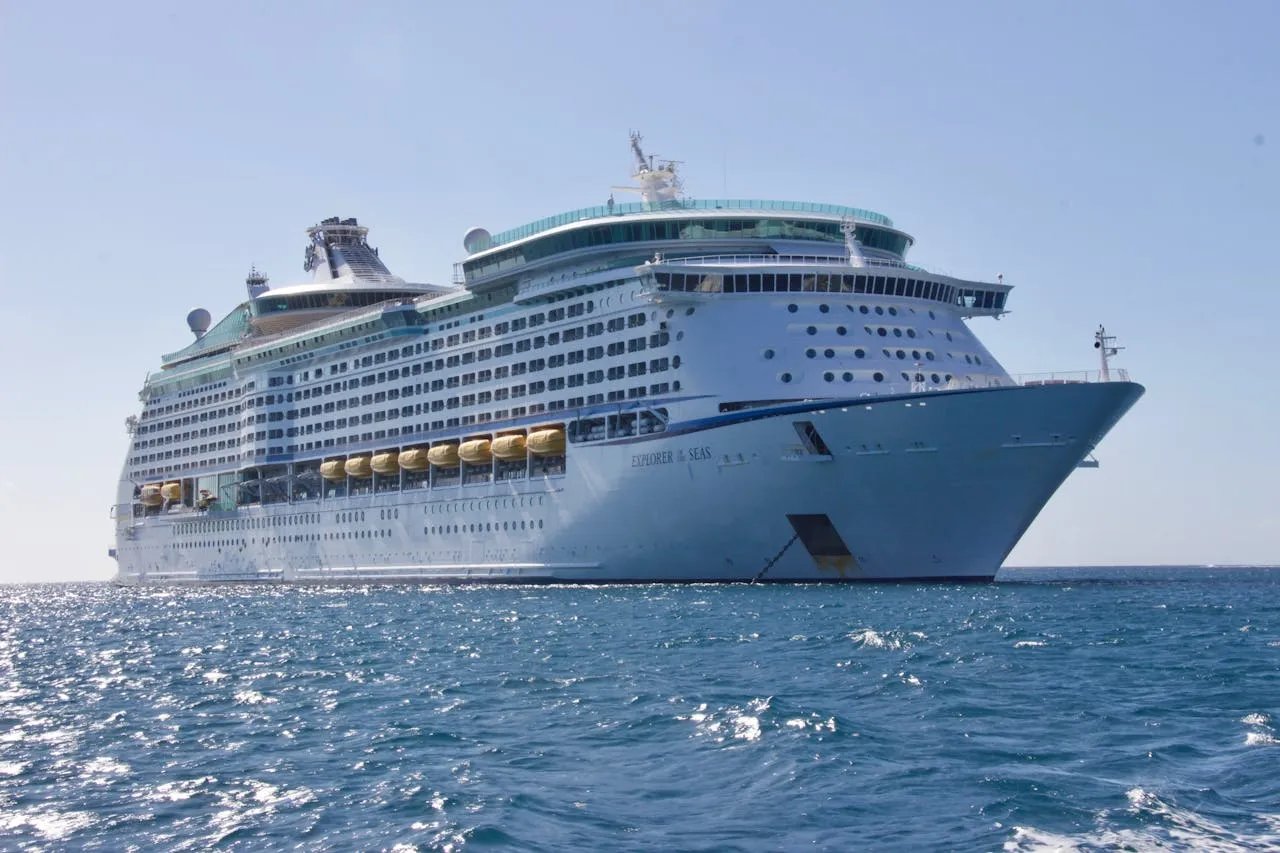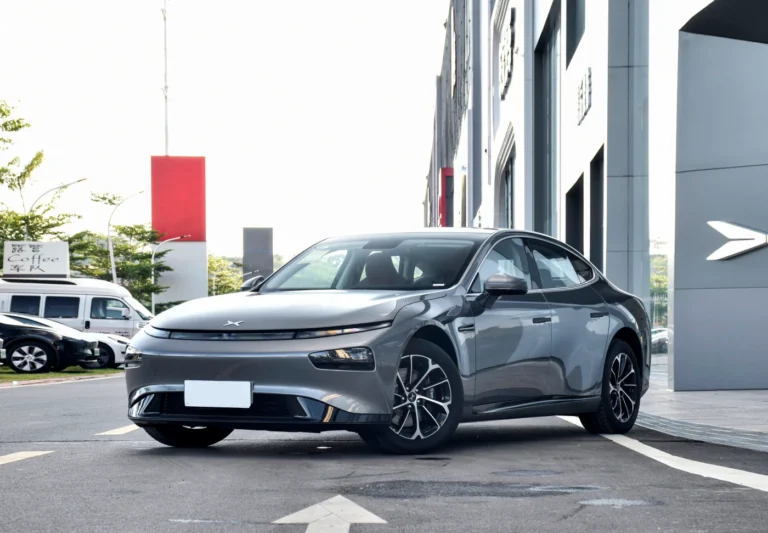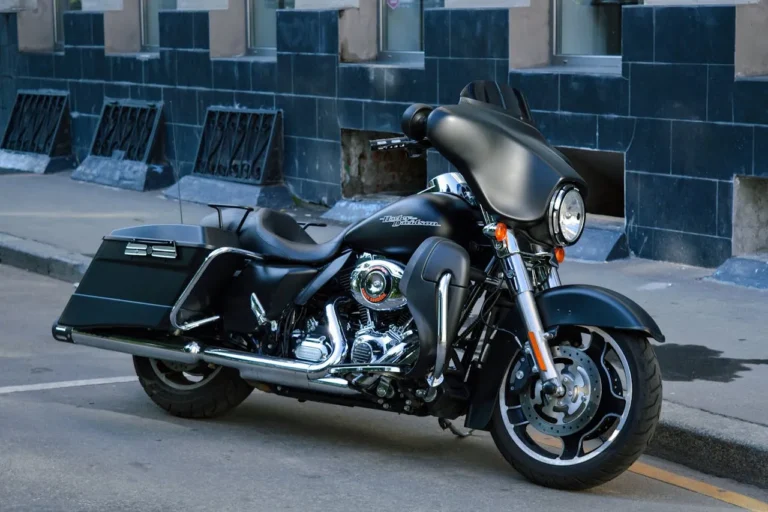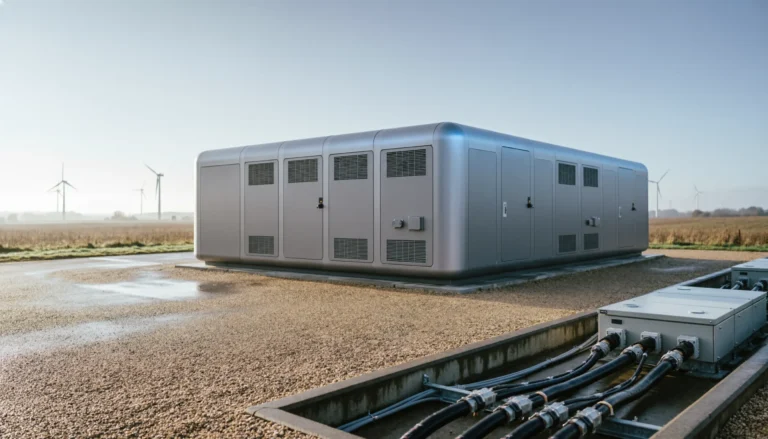
Geely Launches First Self-Owned Ro-Ro Vessel “JISU Fortune” on Historic Maiden Voyage to Europe, Marking a Pivotal Step in Global Expansion
Geely Holding Group has marked a Ship significant milestone in its global strategy with the official launch of its first-ever self-owned roll-on/roll-off (ro-ro) vessel, the Geely JISU Fortune. Operated by JISU Logistics, a Geely subsidiary, this advanced maritime vessel has embarked on its maiden voyage from Taicang Port in China, setting course for Europe with a cargo of 5,000 vehicles destined for key markets including the United Kingdom, the Netherlands, Belgium, and other major destinations. This event not only signals a transformative moment in Geely’s logistics capabilities but also represents a broader push to strengthen the group’s global presence and operational self-reliance.
Strengthening Global Logistics with Maritime Innovation
The introduction of the JISU Fortune is a strategic leap forward for Geely’s ambition to control more of its international supply chain. As global demand for Geely’s automotive brands—such as Geely Auto, Lynk & Co, Zeekr, and others—continues to rise, the company is investing heavily in infrastructure that ensures faster, more efficient, and more sustainable delivery of vehicles worldwide. The launch of this vessel is not merely a logistical enhancement; it embodies Geely’s broader vision of becoming a dominant global player in the automotive sector.
The maiden voyage to Europe is just the beginning. With ports of call planned across multiple continents, JISU Fortune will play a central role in establishing a robust maritime link between Geely’s production bases in China and its customers overseas. This shift to self-managed ocean freight is expected to improve scheduling flexibility, reduce dependency on third-party shipping companies, and streamline vehicle exports in an increasingly complex global trade environment.
Advanced Specifications for Modern Maritime Demands
Designed to meet the demands of large-scale international vehicle transport, the Geely JISU Fortune boasts impressive specifications. The vessel stretches 199.9 meters in length and 38 meters in width, with a design draught of 8.6 meters and a cruising speed of 19 knots. Its cargo capacity is equally formidable—capable of transporting up to 7,000 vehicles including cars, heavy trucks, and a variety of specialized models.
A key feature of the ship is its 12-level deck configuration, which includes eight fixed decks and four adjustable lifting decks. This flexible deck design allows the vessel to accommodate a wide range of vehicle sizes and types, making it suitable for diversified cargo configurations. Furthermore, the ship is fully equipped to handle both traditional internal combustion engine (ICE) vehicles and new energy vehicles (NEVs), including those powered by lithium-ion batteries, hydrogen, or natural gas.
In a clear nod to the industry’s pivot toward cleaner energy, the 11th and 12th decks are specifically designed for the transport of NEVs powered by hydrogen and compressed natural gas—an innovation that places JISU Fortune at the forefront of environmentally conscious logistics solutions. This adaptation aligns closely with Geely’s ongoing commitment to sustainability and the green transformation of the automotive value chain.
Powered by LNG: A Greener Way to Ship Cars
In an industry first for Geely, the JISU Fortune is powered by liquefied natural gas (LNG), supported by two 2,000-cubic-meter C-type LNG storage tanks onboard. This shift to LNG power is a key part of Geely’s green shipping strategy, as it offers significant reductions in carbon emissions and fuel consumption compared to traditional marine fuels.
LNG, widely recognized as a transitional fuel in the move toward zero-emissions shipping, enables the vessel to operate with lower particulate emissions, sulfur content, and greenhouse gases. This choice demonstrates Geely’s proactive approach to integrating environmental responsibility into its operations, even in logistics—a domain often overlooked in automotive sustainability discussions.
Additionally, JISU Fortune has been designed with route adaptability and fuel efficiency in mind. The vessel’s architecture allows for optimal performance on major international shipping routes, including the Cape of Good Hope pathway from Asia to Europe and the China–South America route, particularly Brazil. These routes are of strategic importance as Geely expands its export footprint into more mature and emerging markets alike.
Supporting Global Market Penetration
The deployment of JISU Fortune is more than a logistical innovation—it is a vital enabler of Geely’s strategic expansion into international markets. By owning and operating its own ro-ro vessel, Geely is removing one of the key bottlenecks in international trade: access to cost-efficient, reliable shipping capacity. This is particularly crucial at a time when global logistics are strained by high demand, port congestion, and fluctuating freight rates.
With direct control over maritime transportation, Geely can now offer its international customers faster delivery times, improved order accuracy, and more dependable timelines. The ship will primarily support the export needs of Geely’s affiliated brands, ensuring that their vehicles reach markets in Europe, Asia, and the Americas with greater consistency and cost efficiency.
Moreover, the investment reflects Geely’s long-term confidence in global demand and its commitment to being a major contributor to the world’s mobility ecosystem. As the company expands its product portfolio and technological leadership—especially in the electric and smart vehicle segments—it is positioning itself to be a global standard-bearer for quality, innovation, and customer experience.
Laying the Groundwork for the Future
Looking ahead, Geely intends to further develop its global shipping infrastructure, including the addition of more self-owned vessels and the establishment of strategic logistics hubs across key regions. These developments will support its vision of a vertically integrated supply chain that ensures optimal alignment between production, distribution, and customer fulfillment.
The company also plans to deepen its collaboration with international logistics partners and port authorities to enhance operational synergy. These partnerships will be instrumental in delivering not just vehicles, but also services and experiences that match global expectations for efficiency, quality, and environmental stewardship.
In essence, the launch of JISU Fortune is both a culmination and a beginning. It caps years of planning and investment in logistics autonomy and ushers in a new era where Geely is no longer just a car manufacturer—it is a fully integrated global mobility company with end-to-end control over its value chain.
The maiden voyage of the Geely JISU Fortune represents a bold and strategic move that reinforces Geely’s status as a global automotive powerhouse. By launching its first self-owned ro-ro vessel, Geely is not only elevating its export logistics capabilities but also setting new standards for sustainability, innovation, and operational excellence in maritime transport. This milestone voyage is more than just a journey across oceans—it is a powerful symbol of Geely’s drive to bring world-class vehicles to every corner of the globe, on its own terms, and with a firm eye on the future.







